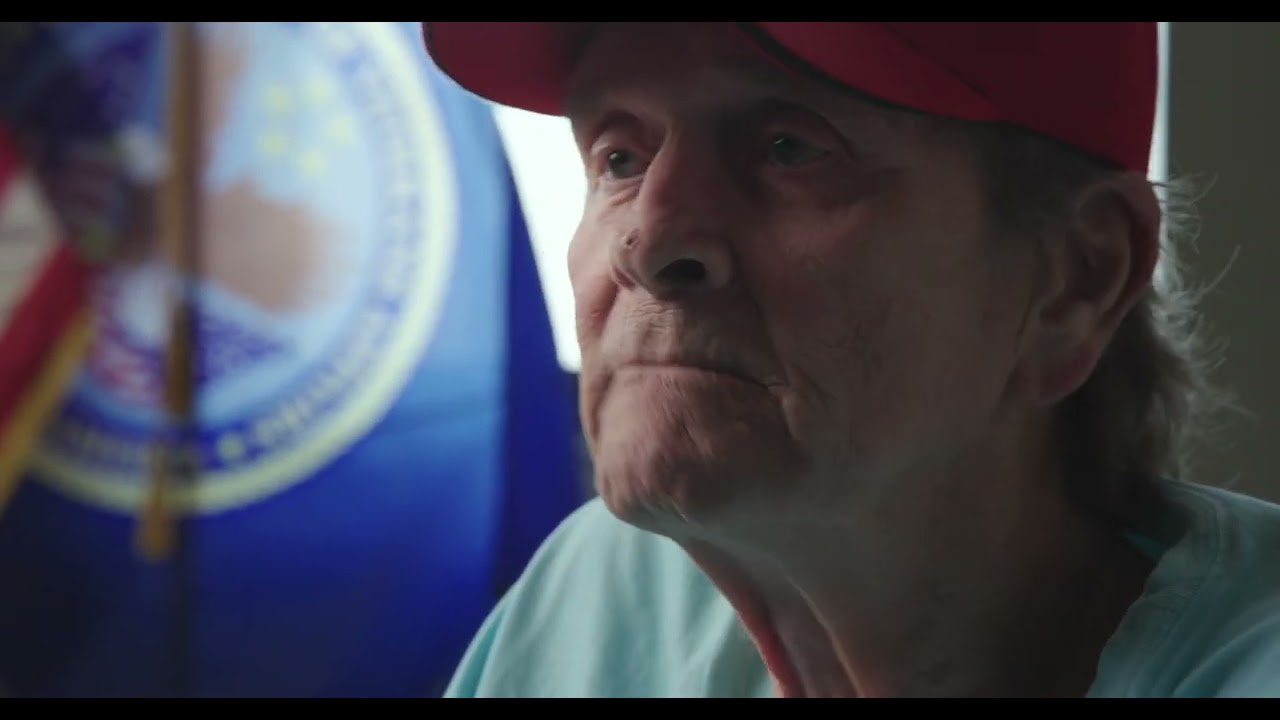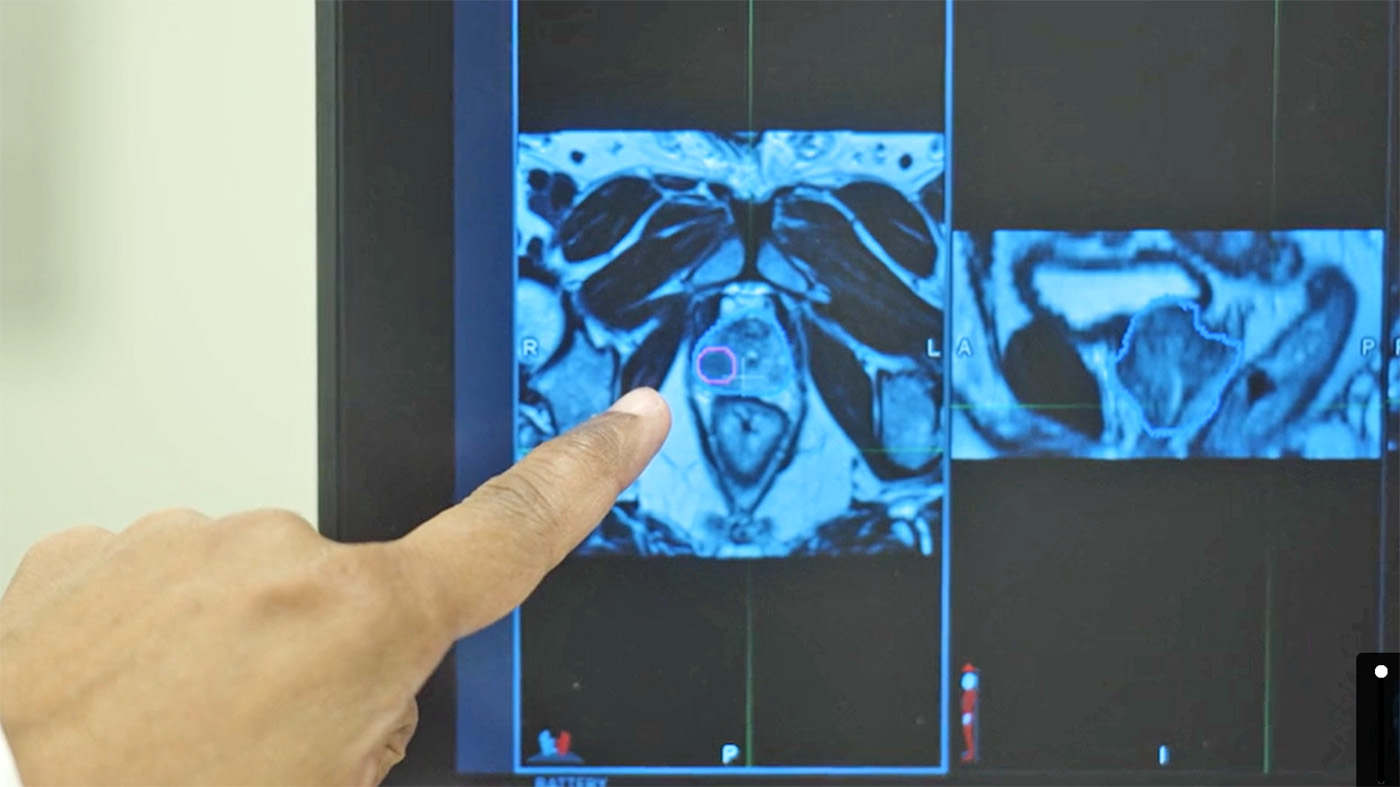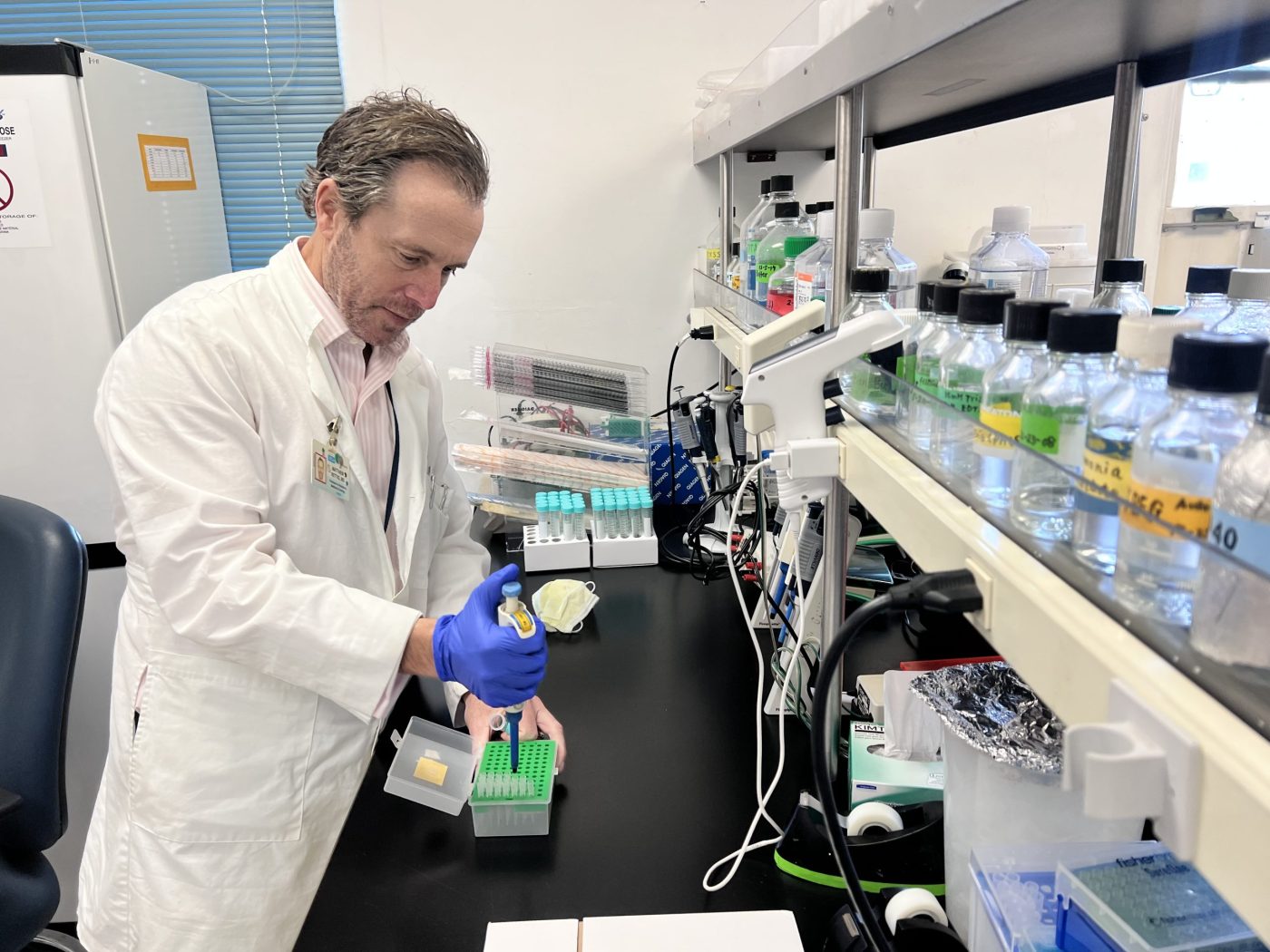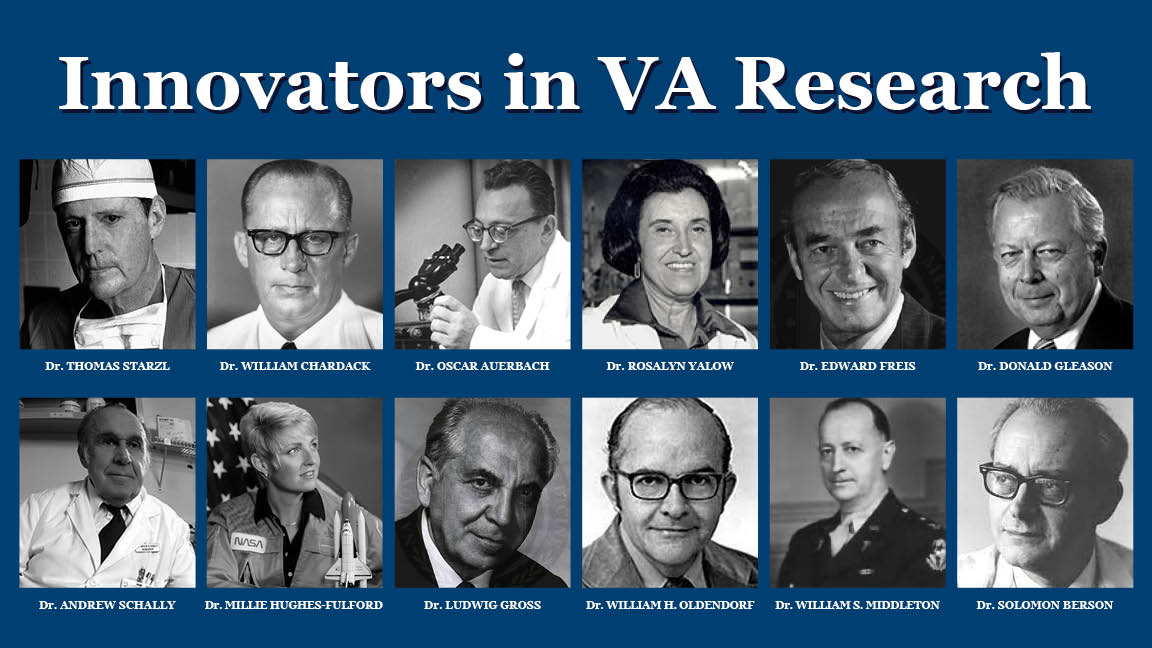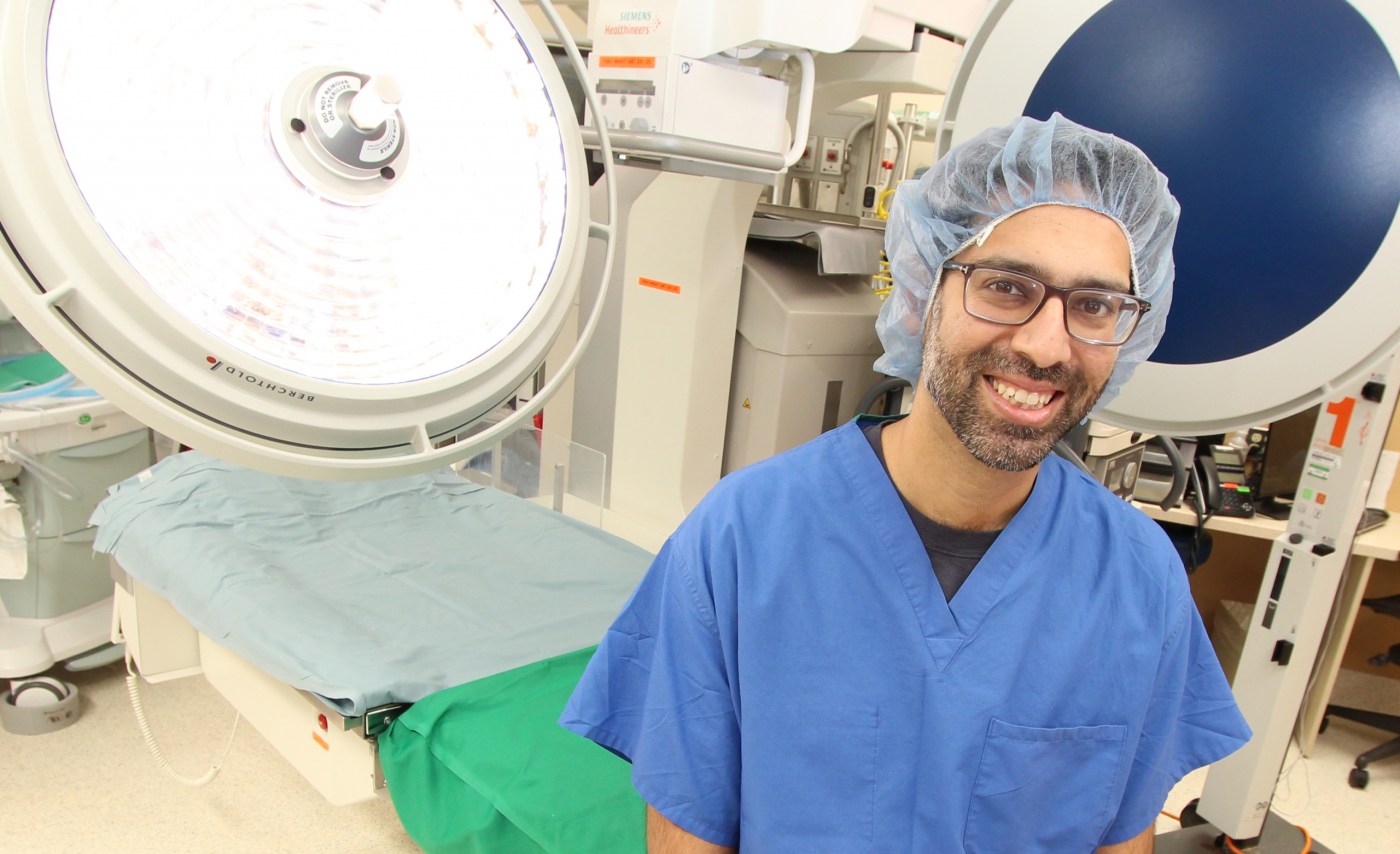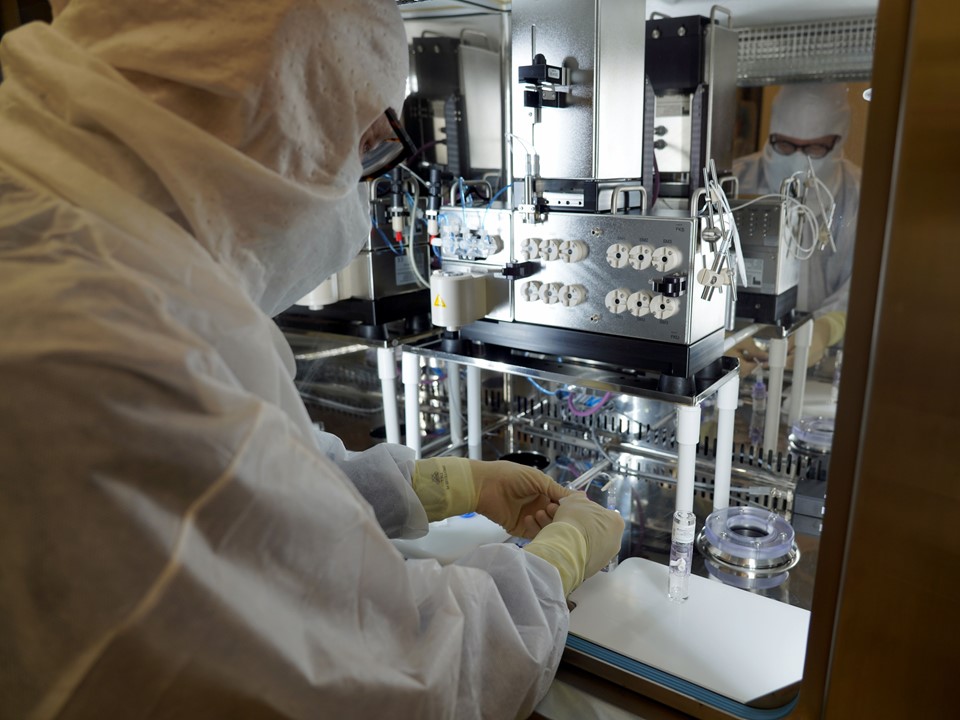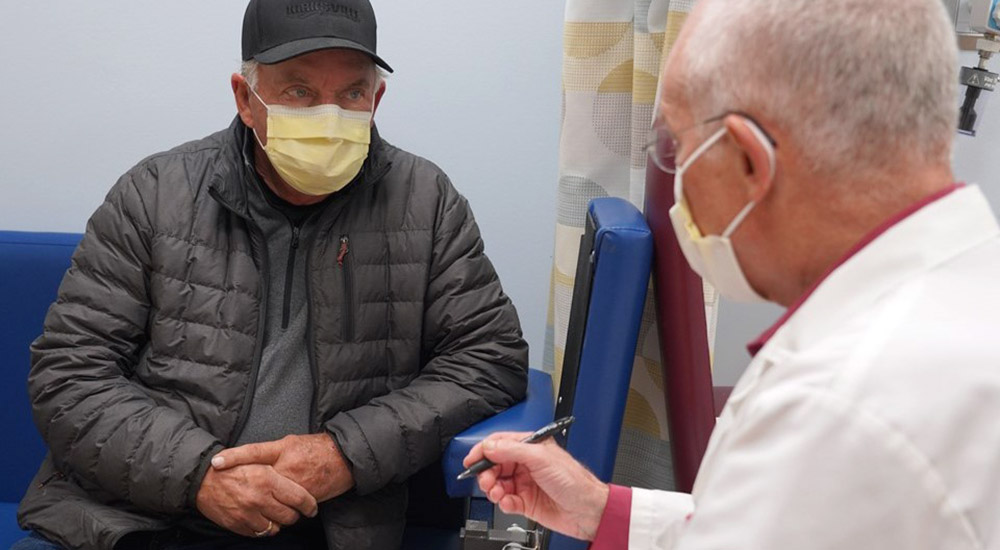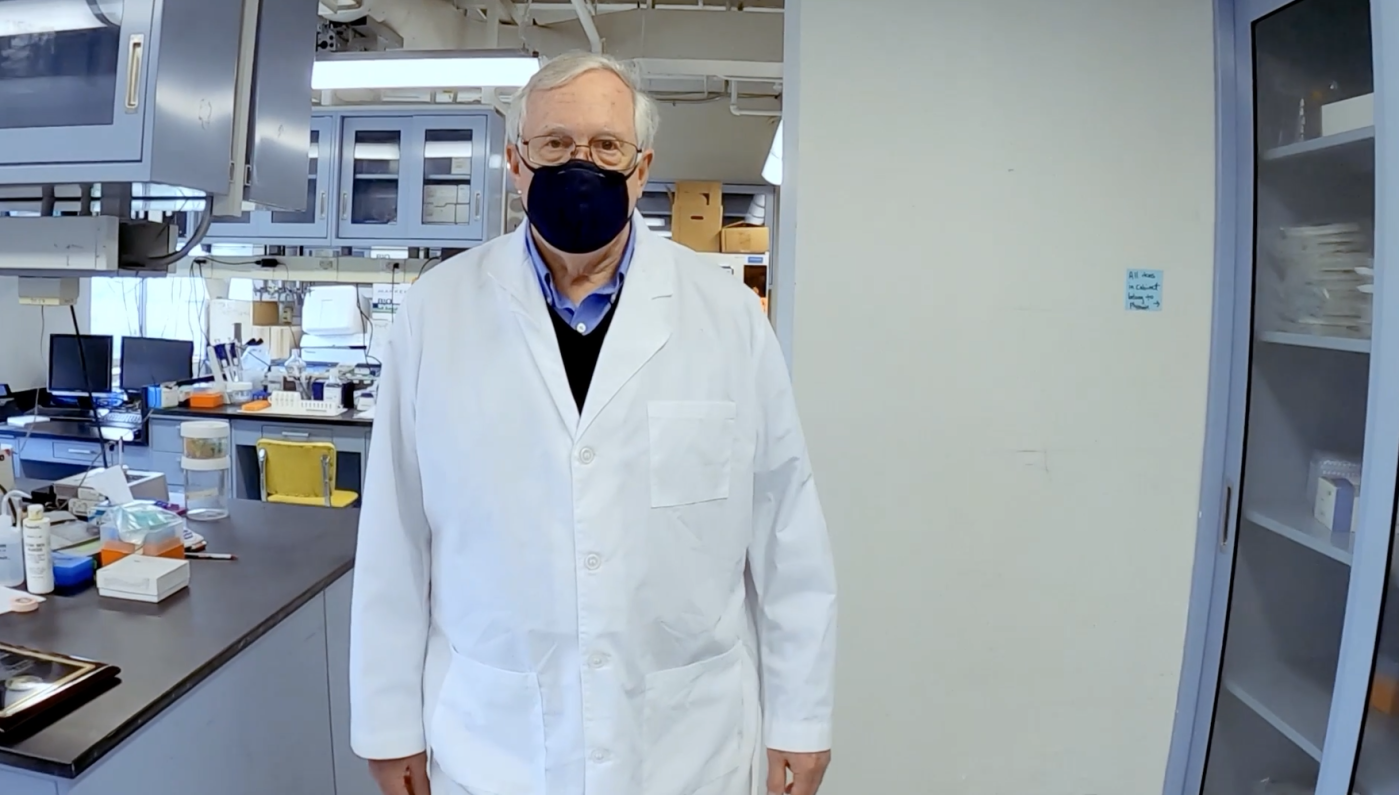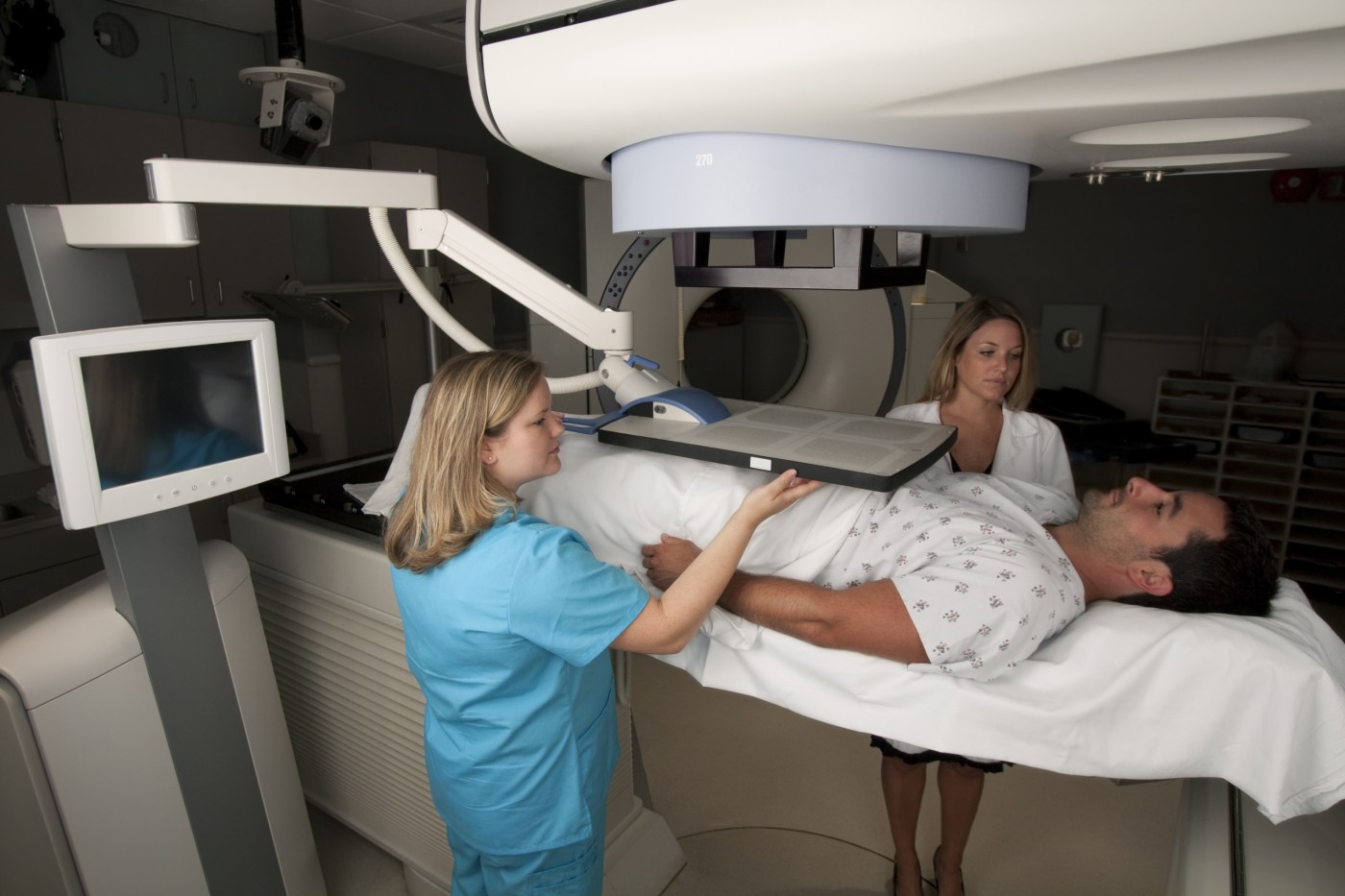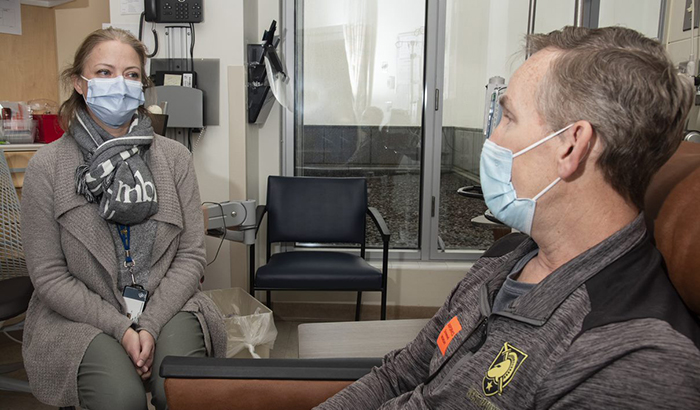VA is at the forefront of prostate cancer care and innovation.
VA can support you through a diagnosis of prostate cancer with access to the latest technology and approaches for individualized care.
As part of a new research study that began July […]
Throughout its history of more than 75 years, VA has funded critical research that has led to many medical advancements instrumental to the agency’s primary goal: to honor America’s Veterans by providing exceptional health care that improves their health and well-being.
While active surveillance sounds like a logical approach for men with low-risk prostate cancer, especially given that prostate removal and radiotherapy can lead to urinary, bowel, and sexual dysfunction, convincing patients to buy into it can be a challenge all its own.
After Marine Corps Veteran Joe Gallo was diagnosed with prostate cancer, he and two others created a virtual support group for prostate cancer patients.
Images from a positron emission tomography (PET) scanner show the location of the cancer. This type of drug appears to be the best diagnostic tool for staging prostate cancer and determining whether it has metastasized, says Dresser, the chief of nuclear medicine at the Truman VA.
Air Force Veteran participating in phase 3 clinical trial at Harry S Truman VA aimed at improving the ability to stage prostate cancer.
I’m involved in prostate cancer basic research and new drug development. Prostate cancer is the most common non-skin cancer in Veterans. About 35,000 Veterans with prostate cancer receive treatment in the VA system.
Prostate cancer is the most commonly diagnosed cancer among Veterans in VA. It accounts for nearly a third of cancer diagnoses. Prostate cancer is often found early and cured with treatments such as surgery or radiation. But some patients’ cancer spreads and becomes life-threatening.
Integrative oncology combines complementary practices like yoga and acupuncture with conventional cancer care. A primary goal is to help prevent or lessen side effects from chemotherapy and surgery.
Genetic testing looks for variations in a person’s genes. Finding gene variations can help with decisions about cancer treatment. Finding gene variations can also help to understand why cancer developed and how best to find cancers early or to prevent them altogether.

